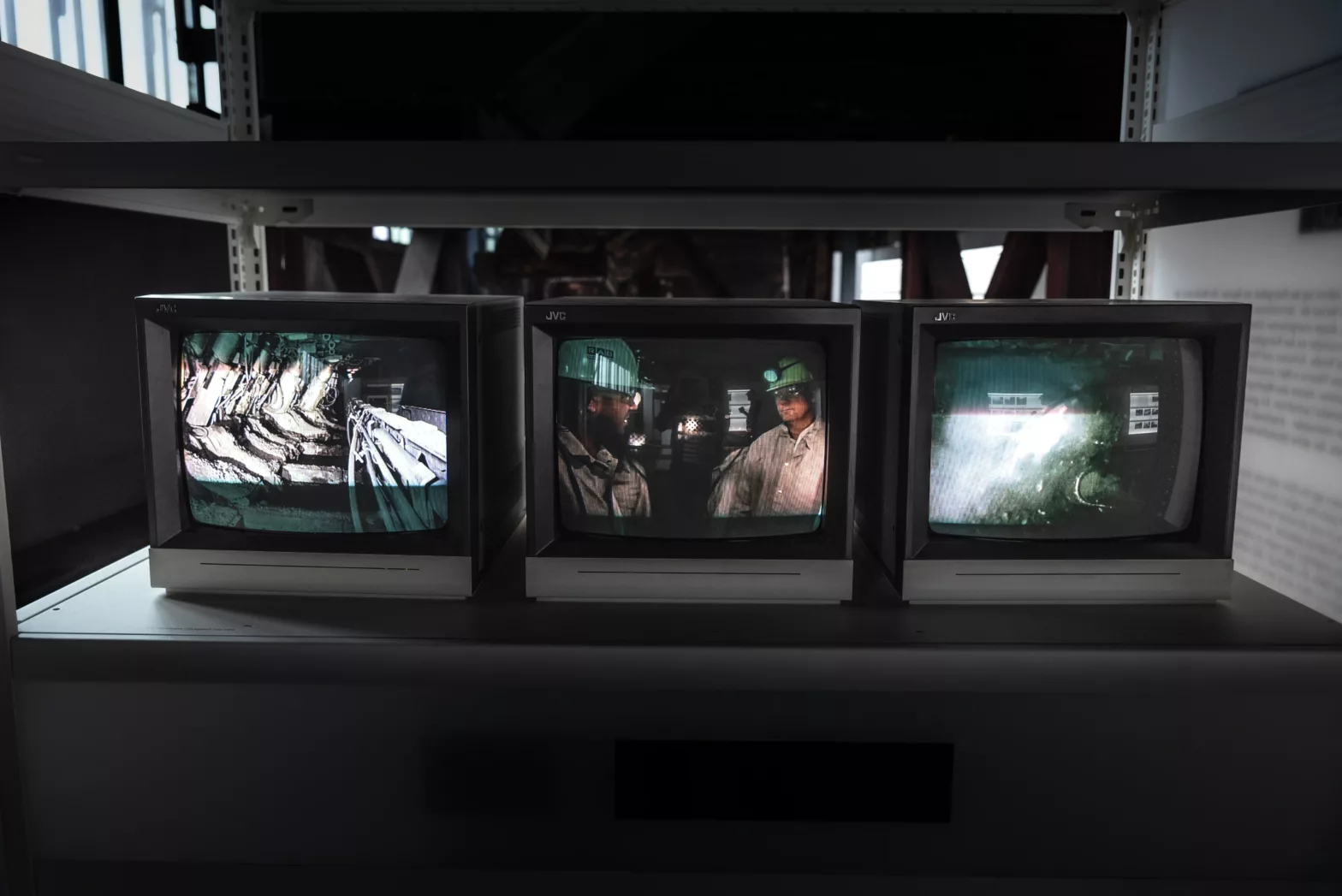The Factual’s media literacy scholarship was open worldwide between March-May 2020. Over 100 entries were received in the high school category. The essay prompt was: ““In the digital age, access to information has broken down countless barriers. However, it has also provided the platform for disinformation to spread, leaving it up to the audience to determine what to believe. What does it mean to you to be ‘informed’?” Terri Chrestenson’s essay was awarded honorable mention in the college category.
It’s 2008. I’m seven-years-old. My family and I are gathered in the living room watching the nightly news after a day of school, work and errands. The recession. The presidential election. Local news. Sports. Weather. The stories are reported one after another, with advertisement breaks in between. During these breaks, my parents discuss what they’re watching. How will the recession continue to affect their small business? Will Brandon Roy lead the Portland Trailblazers to victory at their next game? Once the news transitions into Jeopardy, we turn off the television and go on with our night.
It’s 2020. I’m nearly twenty [and watching] the governor’s latest press conference. An Apple News update about the latest CDC regulations. I check these, then Facebook, where my mom has tagged me in a story questioning how effective face masks are. I get sucked into social media, and pretty soon I’m scrolling through Tik Tok where there’s a conspiracy theory that Bill and Melinda Gates created coronavirus. I finally put my phone down and continue cooking dinner, but then I get a text. It’s a meme about drinking Lysol accompanied by a link to a Buzzfeed news story about President Trump saying consuming Lysol will help prevent the virus. Wait, what? My phone won’t stop going off. I’m stuck in this cycle.
During my lifetime, society has gone from reading newspapers in the morning and sitting down for the nightly news to accessibility at our fingertips 24/7. This new digital landscape is uncharted territory– we have this constant stream of information being thrown at us and we don’t know how to handle it. New terms are constantly being created to define the new threats we face with the rise of online media. Fake news, trolls, bots, deepfakes. New definitions are given to the old threats that only seem to get amplified. Bias, propaganda, post-truth. We are living in an era where anyone can say anything, and anyone can believe it.
Now more than ever, it’s crucial to stay informed. But how do we when we don’t know who to trust?
Seeing is no longer believing. We can’t turn our TV’s, open up our news app or go on Facebook and accept what we see as the truth. No matter how objective or credible a source may seem, there’s always going to be another piece of information that challenges that idea. It has never been this hard before to discern fact from fiction.
It’s no longer about receiving and reading information. In order to stay informed, we have to receive, consume, analyze and understand information. As difficult as it is, we need to prevent ourselves from getting sucked into that constant flow of information and allow ourselves to digest one thing at a time. Rather than battling it out in comment sections or alienating someone due to their own personal beliefs, we need to embrace these discrepancies in thought and engage in open discussions. We need to challenge each other to seek the other side of the story and reach for a deeper understanding. As media consumers, we need to remind each other that there is always more to a story and encourage fact-checking.
We can say that to stay informed, we need to fight for our rights for trustworthy media. But, we’ve been fighting and it doesn’t seem to do any good when the idea of trust is still so far away, and only getting farther. We can fight, or we can put in the work to ensure that we don’t let the truth escape entirely. It’s time to hold ourselves accountable by being critical and fact-checking the information we consume.
We need to address bias– not just the bias displayed by media sources, but our own. We have to acknowledge our own preconceived notions and understand the role they play in how we understand information. Consume media with an objective perspective and be open to grappling with challenging ideas to find a solution.
It’s up to us as media consumers to be aware. Be aware that everything we see online is not what it seems. Be aware that discrepancies exist and that the media age we are currently living through is the new normal. Fake news, trolls, bias and threats yet to be named will continue to grow faster than we can tackle them. The only way to get ahead of them and obtain the truth is to be educated. We have to know this may be the way things are, but it’s not right.
Being informed in 2020 means to be a dutiful citizen. By staying educated, aware and taking action, we aren’t contributing to the threat of disinformation in society. We know how to identify correct information and don’t allow ourselves to get stuck in the cycle of posting and reposting everything that we come across. This keeps our network safe from the spread of misinformation, disinformation and fake news. In this new digital landscape, we can view media platforms as a threat, or we can combat it with the power of education and action.

